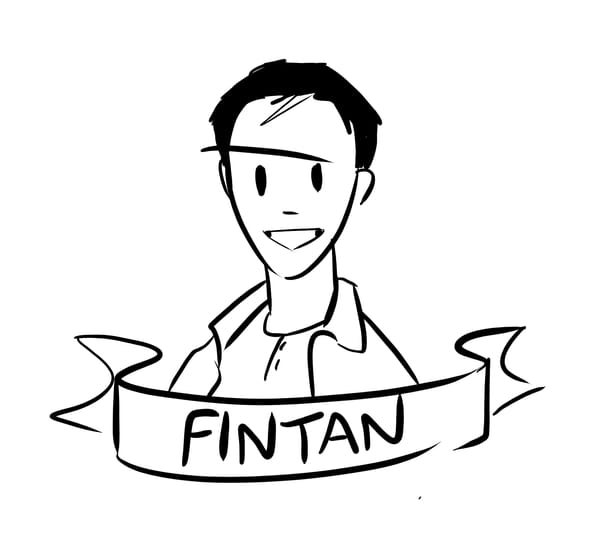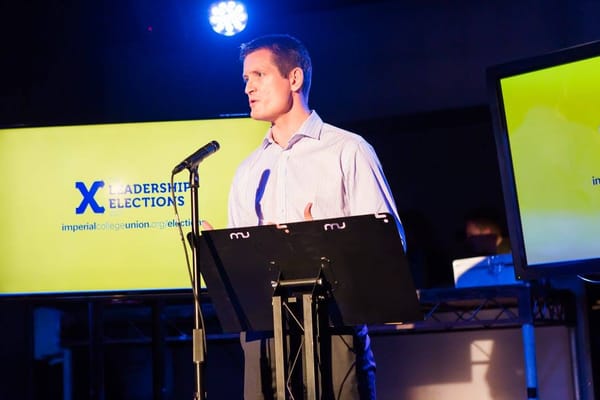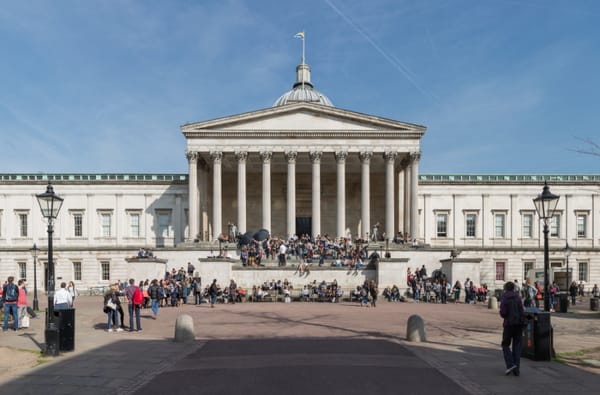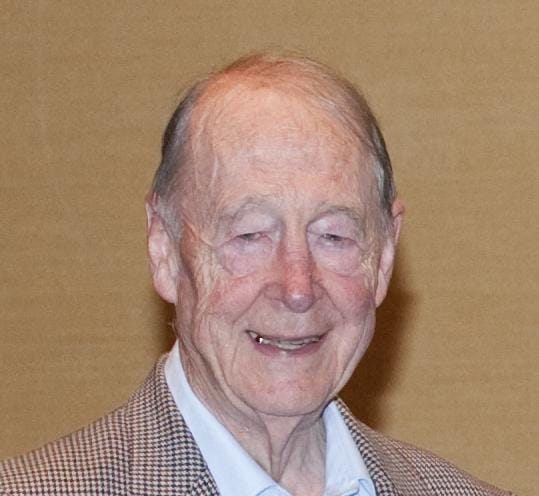Sabb-otage: Nick Burstow, Deputy President (Education)
What has the DPE done this year so far?

Nick Burstow, Deputy President (Education), has now been in his role for six months. We thought it was time to look at what he'd been up to, and which of his manifesto promises he'd managed to keep. Burstow is responsible for representing Imperial students when it comes to their education: from the Student Academic Choice Awards to the National Student Survey, if it's to do with education it falls under his remit.
Implement student “teaching consultants” who will be paid to work with lecturers and improve performance – IN PROGRESS
While students at Imperial have a number of ways of making their views on their teaching known – speaking to their academic reps is one way, as is finally filling out that SOLE feedback you’ve been putting off for weeks – but this year has seen the beginning of a new development. Called StudentShapers, and similar to the UCL Changemakers scheme – which has been running for the last four years – the project will be a partnership between College and the Union, aimed at allowing students to help shape education at Imperial. A director has already been recruited – on a salary of around £60,000 – and the scheme is scheduled to launch next year.
Extend the undergraduate teaching-assistant role outside the Physics Department – ACHIEVED
Undergraduate Teaching Assistants (UTAs) are those helpers you might have seen in your labs, eagerly giving you advice on why your experiments aren’t working, or – in some cases – desperately fighting off a hangover. They can work for four hours a week, and the role can provide them with teaching experience (or a few extra pounds each month). This year has seen the UTAs rolled out to EEE; students can now look forward to seeing them in their labs.
Improve feedback quality and timeliness, with a “traffic light” system to ensure coursework is returned within a ten working day period – IN PROGRESS
This year’s NSS results highlighted a number of problems with assessment and feedback at Imperial, with only 62% of students agreeing that feedback had been timely or comments received helpful. The most common benchmark at Imperial for getting marks back for coursework is ten working days, but it is not clear how often this has been met, and the “traffic light” system first used in the Department of Life Sciences has become recommended practice. Since October, Burstow has been running an audit on all year 1 assessed work, seeing when feedback was supposed to be received, and when it was actually received. The report from this is scheduled to be presented this month.
Ensure that students are consulted during the design, implementation, and evaluation of major changes to education – IN PROGRESS
At the end of the last academic year, the College launched their new Learning and Teaching Strategy, led by Professor Simone Buitendijk, Vice Provost (Education). The Strategy will prioritise “the review and redesign of our curricula”, and, as such, restructuring education will take a top priority this year. It is vital, therefore, that students are consulted on this. Since coming into office, Burstow has been working with Departmental Reps and Academic Affairs Officers to draft a framework for how students should be consulted during this review, which is scheduled to be presented to College this term.
Improve communication between departments, facilities, and academic representatives through existing channels, and recognise representatives at a departmental level – ACHIEVED
This year, attendance at ERB (Education and Representation Board, for those of you not knee-deep in Union hackery) has sharply increased from 30 attendees to 49, with three meetings remaining in the year. Burstow might argue it’s because of his sparkling personality, but attendance of senior members of the College, including the Vice Provost (Education), might have something to do with it…
Improve the postgraduate experience, and work to keep Wednesday afternoons free for Postgraduate students – IN PROGRESS
This year’s Postgraduate Research Survey (PRES) reported an improvement on 2015’s results, but highlighted continuing issues with supervision and funding. Burstow, in conjunction with Luke McCrone, the current Graduate Student Union President, completed the Union response (in record time), which outlined a number of recommendations, from investing in IT provision to establishing proper channels for raising concerns. A continual sticking point for postgraduates has been the provision of Wednesday afternoons off: while the College Timetabling policy states that postgraduate taught students should not have scheduled teaching on a Wednesday afternoon, a number of students continue to have that time scheduled. Last year’s DPE, Luke McCrone, worked to gather data on what PG students use their Wednesday afternoons for, and which students had scheduled teaching – a project Burstow is continuing.
Create clear guidelines on mitigating circumstances that are fair and consistent – IN PROGRESS
Mitigating circumstances is the catch-all term for factors that negatively affect academic performance in exams, projects, coursework, or just a significant amount of the year. While quite a few students think they solely apply to health conditions, they also cover other factors beyond your control, including bereavement and financial hardship. While there is an overarching mitigating circumstances policy, it was passed more than four years ago, and there are continuing concerns that the policy isn’t applied uniformly across the university. Burstow has contacted people across departments on this, and the current policy is in the process of being rewritten.
Review the personal tutor system – CHANGED GOALPOSTS
The College completed a review of the current personal tutor system – which has been likened to a ‘lucky dip’ by some of the OTs – and presented the findings to Provost Board in December 2016. Burstow has condensed down this 54-page document into a five-page summary, which outlined the key recommendations. These includes a need for personal tutors to have the capability to deal with personal issues, allocation of separate personal and academic tutors, and implementation of tutoring expectations within their training material. Currently Burstow has spent the year focussing on the pastoral support available to postgraduate students – a proposal that is currently out for consideration.









